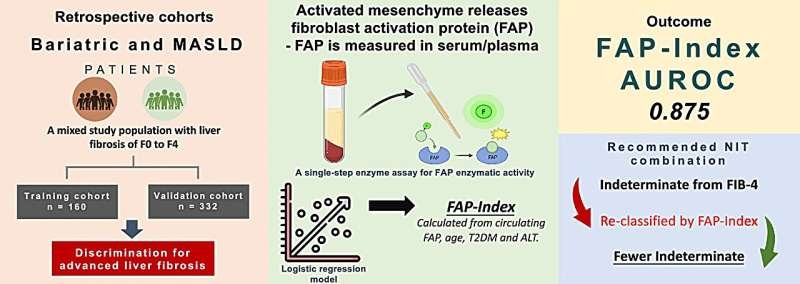Blood Enzyme Indicates Risk of Heart Attack and Stroke
By Labmedica staff writers
Posted on 14 Jul 2008
A new test measures the amount of a specific enzyme that is present in blood when there is an active atherosclerotic process, which could lead to the rupture of plaque and cause a heart attack or a stroke. Posted on 14 Jul 2008
Serologic markers with high specificity for advanced plaque can be used as a diagnostic tool in cardiovascular risk stratification. The new lipoprotein-associated phospholipase A2 (Lp-PLA2) blood test helps physicians to identify patients who could benefit from more aggressive therapy and it is especially recommended for intermediate and high-risk patients.
Lp-PLA2 is an inflammatory marker that is not affected by inflammation caused by infection or injury. Therefore, it is a more specific marker than C-reactive protein (CRP), which can be elevated from systemic infection, even when the vascular walls are healthy. High Lp-PLA2 in combination with high sensitivity (hs)-CRP increases the ability to determine risk level
SpectraCell Laboratories (Houston, TX, USA) has added the Lp-PLA2 to its cardiovascular range of products that are aimed at early detection of cardiovascular disease. Because 68% of heart attacks and strokes occur from blood clots, not narrowing of the arteries, and 50% of all heart attacks occur in patients with normal cholesterol values, the Lp-PLA2 test is often used in conjunction with advanced lipoprotein tests. SpectraCell's lipoprotein particle profile (LPP+) combines advanced cholesterol testing with additional independent risk factors such as Lp-PLA2, hs-CRP, insulin, and homocysteine.
Related Links:
SpectraCell Laboratories














